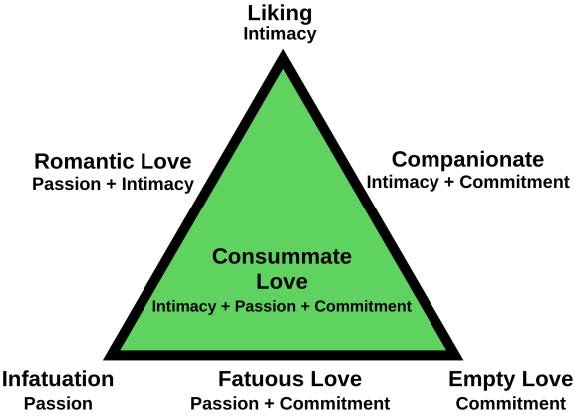
Figure 7.22 Sternberg’s Triarchic Theory of Love
Sternberg (1988) suggests that there are three main components of love: Passion, intimacy, and commitment (see Figure 7.24). Love relationships vary depending on the presence or absence of each of these components. Passion refers to the intense, physical attraction partners feel toward one another. Intimacy involves the ability the share feelings, personal thoughts and psychological closeness with the other. Commitment is the conscious decision to stay together. Passion can be found in the early stages of a relationship, but intimacy takes time to develop because it is based on knowledge of the partner. Once intimacy has been established, partners may resolve to stay in the relationship. Although many would agree that all three components are important to a relationship, many love relationships do not consist of all three. Let’s look at other possibilities.
Liking: In this relationship, intimacy or knowledge of the other and a sense of closeness is present. Passion and commitment, however, are not. Partners feel free to be themselves and disclose personal information. They may feel that the other person knows them well and can be honest with them and let them know if they think the person is wrong. These partners are friends. However, being told that your partner “thinks of you as a friend” can be a devastating blow if you are attracted to them and seeking a romantic involvement.
Infatuation: Perhaps, this is Sternberg’s version of “love at first sight”. Infatuation consists of an immediate, intense physical attraction to someone. A person who is infatuated finds it hard to think of anything but the other person. Brief encounters are played over and over in one’s head; it may be difficult to eat and there may be a rather constant state of arousal. Infatuation is rather short-lived, however, lasting perhaps only a matter of months or as long as a year or so. It tends to be based on physical attraction and an image of what one “thinks” the other is all about.
Fatuous Love: However, some people who have a strong physical attraction push for commitment early in the relationship. Passion and commitment are aspects of fatuous love. There is no intimacy and the commitment is premature. Partners rarely talk seriously or share their ideas. They focus on their intense physical attraction and yet one, or both, is also talking of making a lasting commitment. Sometimes this is out of a sense of insecurity and a desire to make sure the partner is locked into the relationship.
Empty Love: This type of love may be found later in a relationship or in a relationship that was formed to meet needs other than intimacy or passion, including financial needs, childrearing assistance, or attaining/maintaining status. Here the partners are committed to staying in the relationship for the children, because of a religious conviction, or because there are no alternatives. However, they do not share ideas or feelings with each other and have no physical attraction for one another.
Romantic Love: Intimacy and passion are components of romantic love, but there is no commitment. The partners spend much time with one another and enjoy their closeness, but have not made plans to continue. This may be true because they are not in a position to make such commitments or because they are looking for passion and closeness and are afraid it will die out if they commit to one another and start to focus on other kinds of obligations.
Companionate Love: Intimacy and commitment are the hallmarks of companionate love. Partners love and respect one another and they are committed to staying together. However, their physical attraction may have never been strong or may have just died out over time. Nevertheless, partners are good friends and committed to one another.
Consummate Love: Intimacy, passion, and commitment are present in consummate love. This is often perceived by western cultures as “the ideal” type of love. The couple shares passion; the spark has not died, and the closeness is there. They feel like best friends, as well as lovers, and they are committed to staying together.
Candela Citations
- Authored by: Martha Lally and Suzanne Valentine-French. Provided by: College of Lake County Foundation. Located at: http://dept.clcillinois.edu/psy/LifespanDevelopment.pdf. License: CC BY-NC-SA: Attribution-NonCommercial-ShareAlike
